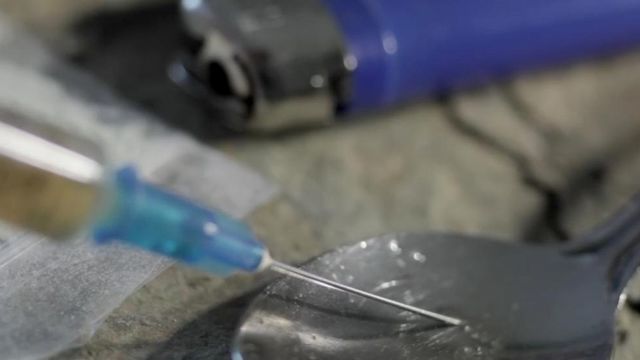State urges testing as reports of hepatitis surge
State health officials are sounding the alarm on the rise on hepatitis B and hepatitis C infections.
Posted — UpdatedState health officials are sounding the alarm on the rise on hepatitis B and hepatitis C infections.
Preliminary data from 2014 to 2016 shows a 56 percent increase in hepatitis B infections, with 172 new cases, and a 69 percent increase in hepatitis C, with 186 new cases. These numbers reflect only reported cases, and doctors estimate the actual number of new cases to be much higher.
Hepatitis is an inflammation of the liver and includes three different types – A, B and C. New or acute cases of types B and C can develop into chronic infections that could lead to problems, such as liver failure and liver cancer.
Hepatitis occurs when the infected blood from one person enters the body of an uninfected person.
Increased injection drug use with shared needles is the biggest factor behind the spike in cases, and the state recommends anybody who has shared needles get tested. The infection can also be spread through sex with an infected partner.
State health officials want people in higher risk groups to be tested. Wake County’s public health director, Dr. Sue Lynn Ledford, said they have more financial backing to increase testing.
“That is enabling us to reach out in a more aggressive manner to make sure people are being tested and the primary reason is that there are new medications out now that can actually cure hepatitis,” she said.
State numbers show the most diagnosed cases of hepatitis C are among white males between the ages of 21 and 40. Data from 2014 show that counties in the far western portion of North Carolina have been the most heavily impacted.
Many people don’t know they are infected because they don’t experience any symptoms. State health officials said adults born between 1945 and 1965 are more likely to have hepatitis C, so it is important that they be tested.
There are vaccines to prevent hepatitis A and B but there is no vaccine to prevent hepatitis C.
• Credits
Copyright 2024 by Capitol Broadcasting Company. All rights reserved. This material may not be published, broadcast, rewritten or redistributed.






